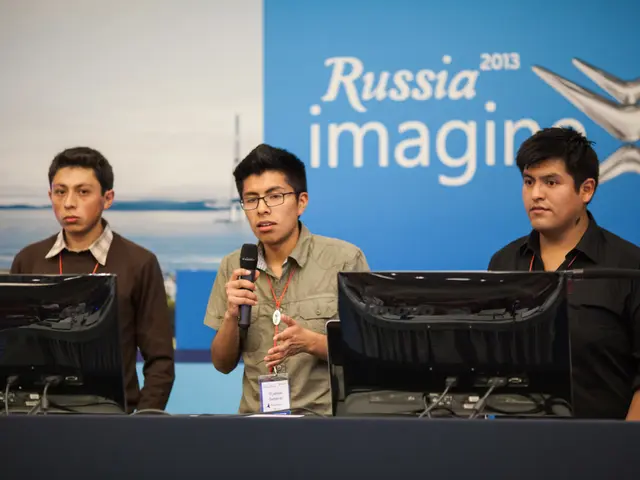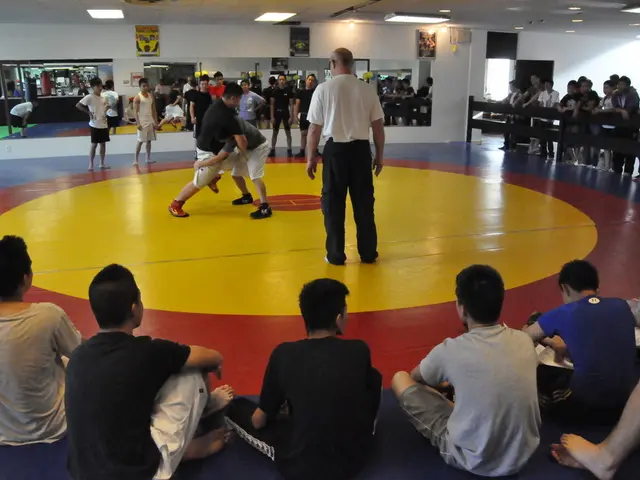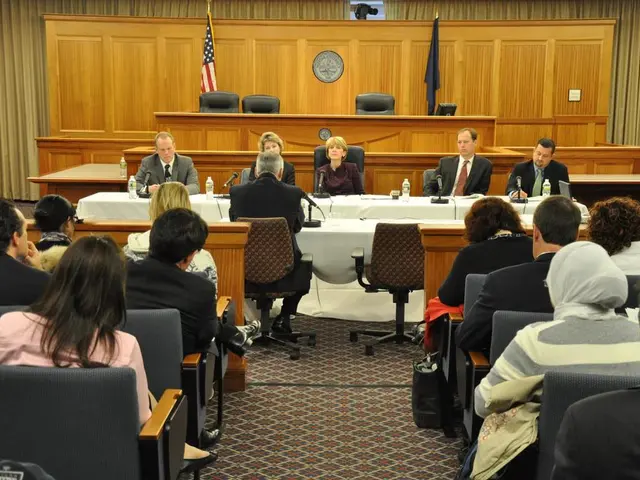"Influenced by external factors": The stark truth for Chinese mainland students in Taiwan
In the heart of Taipei, the capital city of Taiwan, a tense atmosphere has been growing increasingly palpable, particularly for mainland Chinese students studying on the island. Amidst rising tensions between Beijing and Taipei, these students find themselves caught in a charged environment marked by strong anti-mainland sentiment and heightened security concerns.
The current climate has left many mainland Chinese students feeling apprehensive and fearful, worrying about being recognized by their accent and potentially targeted amidst political protests and government measures. This anti-mainland sentiment is evident in the way students report feeling uncomfortable expressing themselves openly, fearing reprisals and discrimination.
The Taiwanese Democratic Progressive Party (DPP) government has imposed restrictions on mainland exchange students, limiting their access to certain university courses. This move is part of a broader effort to curb mainland influence and perceived security risks. The Chinese mainland has condemned these moves as politically motivated attempts to disrupt cross-strait educational exchanges.
In addition to educational restrictions, Taiwan is enforcing legal requirements on immigrants from mainland China, such as proving they have relinquished their household registration in China. Failure to meet these deadlines could lead to losing residency rights or possible deportation, reflecting Taiwan's efforts to counter espionage risks.
Mainland students are also navigating a politically polarized environment with protests and legislative changes, which heightens their sense of vulnerability and uncertainty as they pursue their academic and social lives on the island. Thousands of protesters have gathered outside the parliament building in Taipei, waving signs and giving speeches, creating a charged atmosphere that has left many mainland students feeling uneasy.
The protesters' sentiments against mainland China may have been influenced by personal experiences or family backgrounds, creating a complex emotional landscape among the demonstrators. One student protester, despite his mother being from mainland China, expressed opposition to mainland China, fearing potential trouble if his mainland Chinese origin was discovered.
The presence of security guards at the gates of the parliament building in Taipei suggests potential unrest or tension. On December 20, a protester passed the parliament building, describing the atmosphere as tense. The protester, on his way back from a social gathering, was afraid to speak out due to fear of being identified as mainland Chinese.
This evolving environment reflects the broader geopolitical tensions between Beijing and Taipei and contributes to reduced cross-strait educational and cultural exchanges, potentially deepening mutual suspicions and division. It is a challenging time for mainland Chinese students in Taiwan, navigating a complex web of political tensions, personal fears, and societal pressures.
- Amidst the politicized environment in Taipei, mainland Chinese students are finding it difficult to pursue education and self-development due to restrictions imposed by the Taiwanese government and the fear of discrimination.
- Education and general news outlets have been reporting on the heightened sense of vulnerability and uncertainty faced by mainland Chinese students in Taiwan, as they grapple with anti-mainland sentiment, a polarized political climate, and potential personal repercussions.
- While the Taiwanese Democratic Progressive Party aims to counter perceived security risks by limiting mainland exchange students, the Chinese mainland sees these measures as politically motivated attempts to disrupt cross-strait educational exchanges, contributing to the growing tension in the environment.








